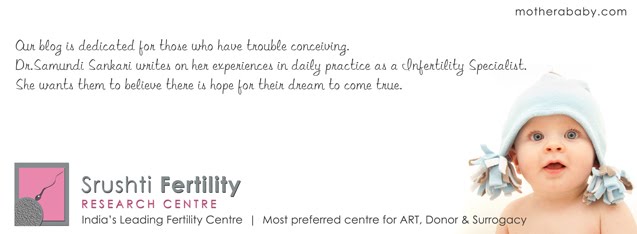


Foods that Harm Your Chances of Getting Pregnant
The following foods can negatively affect fertility:
- Alcohol. An occasional glass of alcohol is generally considered to be safe for women trying to conceive, however, if you irregular menstrual cycles or if you have experienced problems getting pregnant, it is best to avoid alcohol consumption altogether. While some studies have found the link between alcohol and fertility to be inconclusive, others have found a slight relationship between the two. For example, a Danish study that included 430 couples trying to conceive their first child found that woman’s chances of getting pregnant diminished as her consumption of alcohol increased. In fact, women who consumed less than 5 drinks a week were twice as likely to get pregnant compared with those who consumed 10 alcoholic beverages weekly. Studies have also found that men who consume beer, wine or hard liquor on a daily basis had lower levels of testosterone and lower sperm count levels, as well as a higher number of abnormal sperm in their ejaculate.
- Caffeine. While most experts agree that a low to moderate daily caffeine intake (2 8-ounce cups of coffee a day or a daily intake of less than 300 mgs of) will not impact fertility, it is best to avoid caffeine altogether if you have fertility problems. This is because caffeine constricts blood vessels, which reduces blood flow to the uterus, making it difficult for a fertilized egg to implant in the uterine wall. A recent study has also found that caffeine affects male fertility, as it causes damage to sperm DNA.
- Refined carbohydrates. White pasta, rice and bread are harmful to your reproductive health and to fertility, particularly if you have Polycystic Ovary Syndrome (PCOS), as increases in insulin levels caused by a high consumption of refined carbohydrates results in irregular ovulation. This is because during the refining process, 17 key nutrients are removed from grain, many of which help to boost fertility, such as iron, B vitamins and antioxidants. You should aim for 6 ounces of whole grains a day, including whole wheat pasta, cereal and bread.











